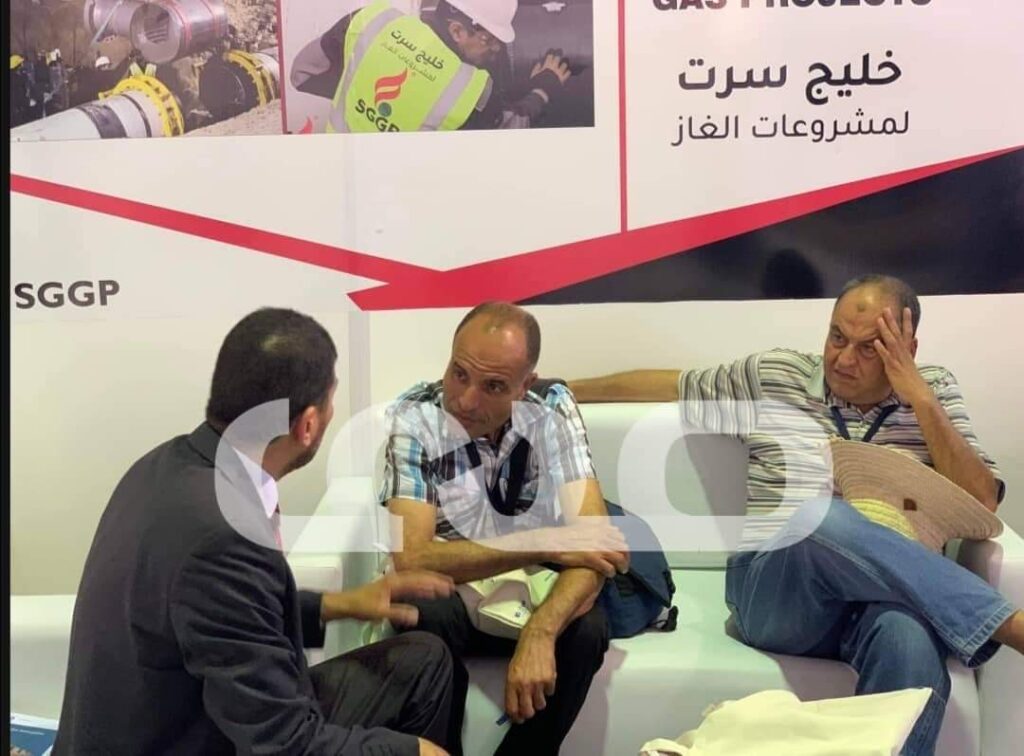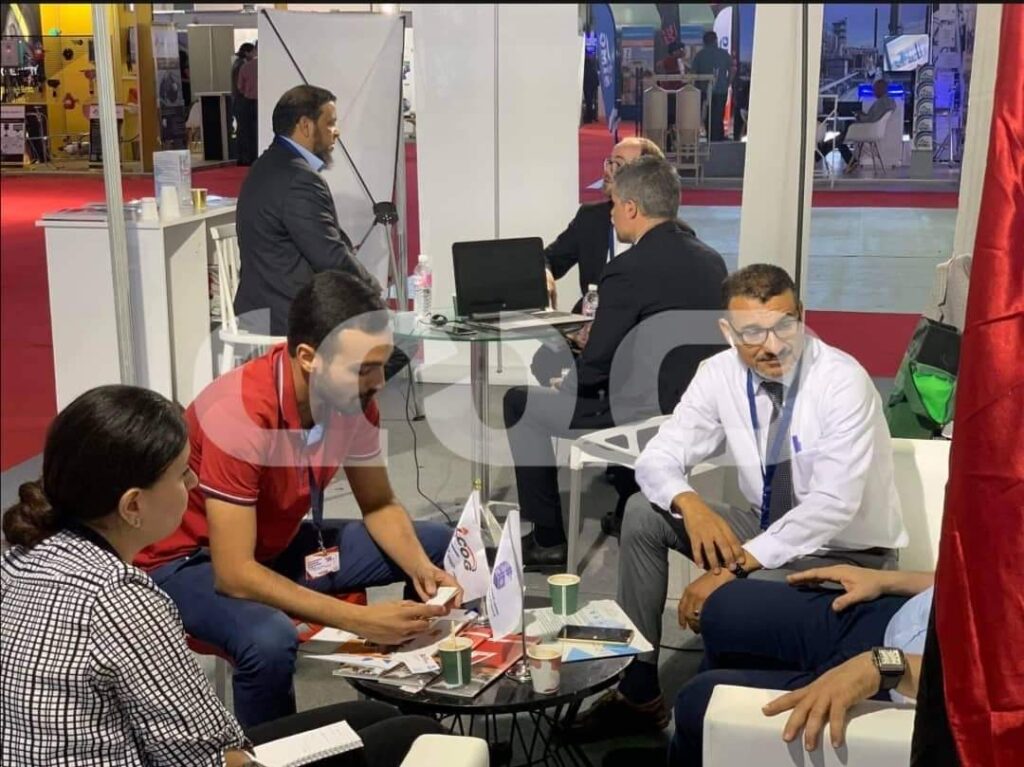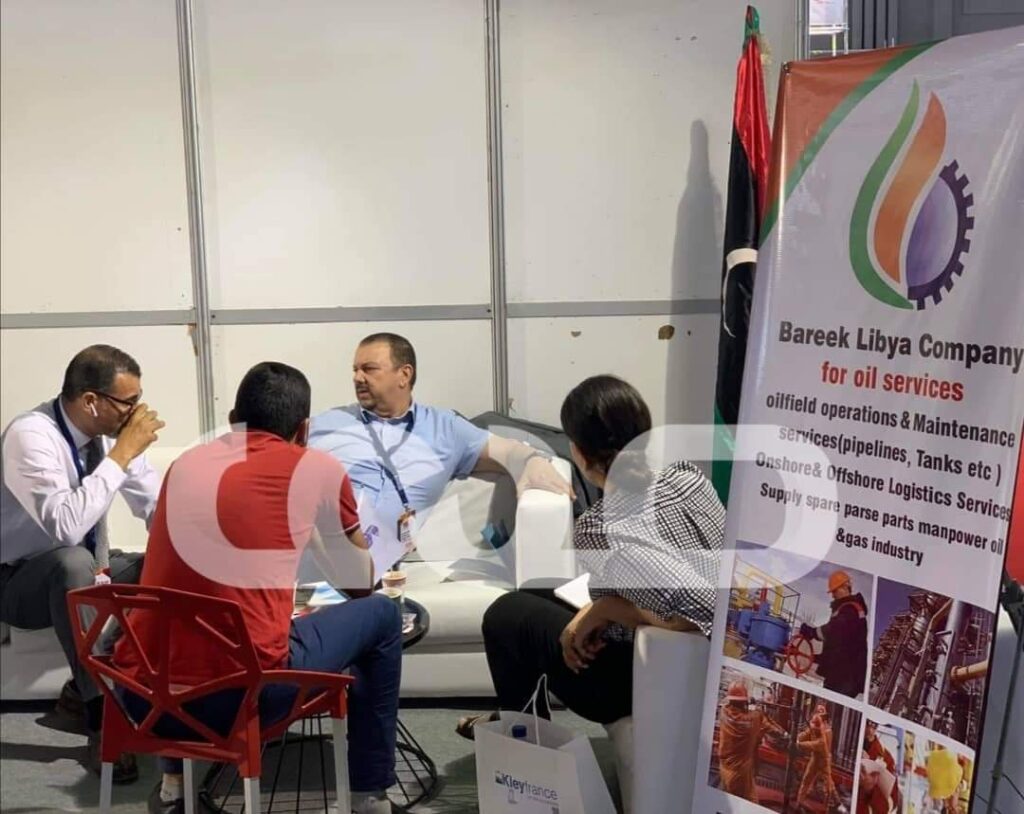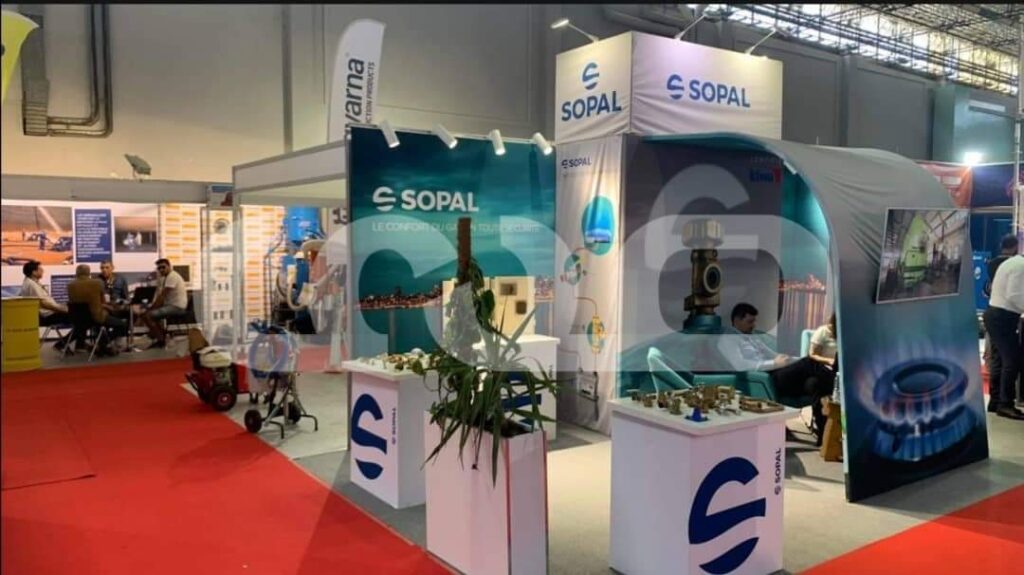Ben Othman: “The Libyan Council for Oil, Gas and Renewable Energies is trying to reassure foreign companies to return to Libya despite the warnings of their embassies”
The head of the Libyan Council for Oil, Gas and Renewable Energies, Khaled Ben Othman, stated exclusively to our source that the council’s participation in the “Petro Africa 2022” exhibition in Tunisia came in response to the invitation of the Tunisian Ministry of Petroleum Activities to participate in this international exhibition, adding that the council had participated in three research papers at the conference held on the sidelines of this exhibition.
He added that the Council was counting on holding this exhibition in Libya, but political divisions and fear of foreign companies prevented the establishment of this exhibition in Libya, and stated that it has been decided to hold the next session of the exhibition in Libya.
Ben Othman indicated that the council is trying to reassure foreign companies to return to Libya, although the embassies of these companies warn them against returning to Libya due to the current situation in the country.
Ben Othman added that “the non-return of foreign companies gives the Ministry of Economy and Trade, the Ministry of Oil and Gas and the National Oil Corporation an opportunity to highlight the private sector, stressing that it has the capacity and efficiency in the field of oil services and explaining that the private sector was able to prove its existence after the departure of foreign companies in 2011 and 2014 and was able to return oil production to normal rates in that period.”





















